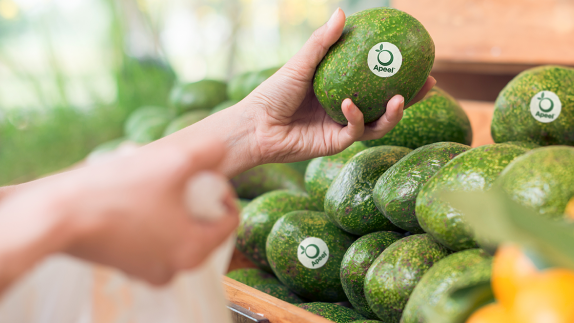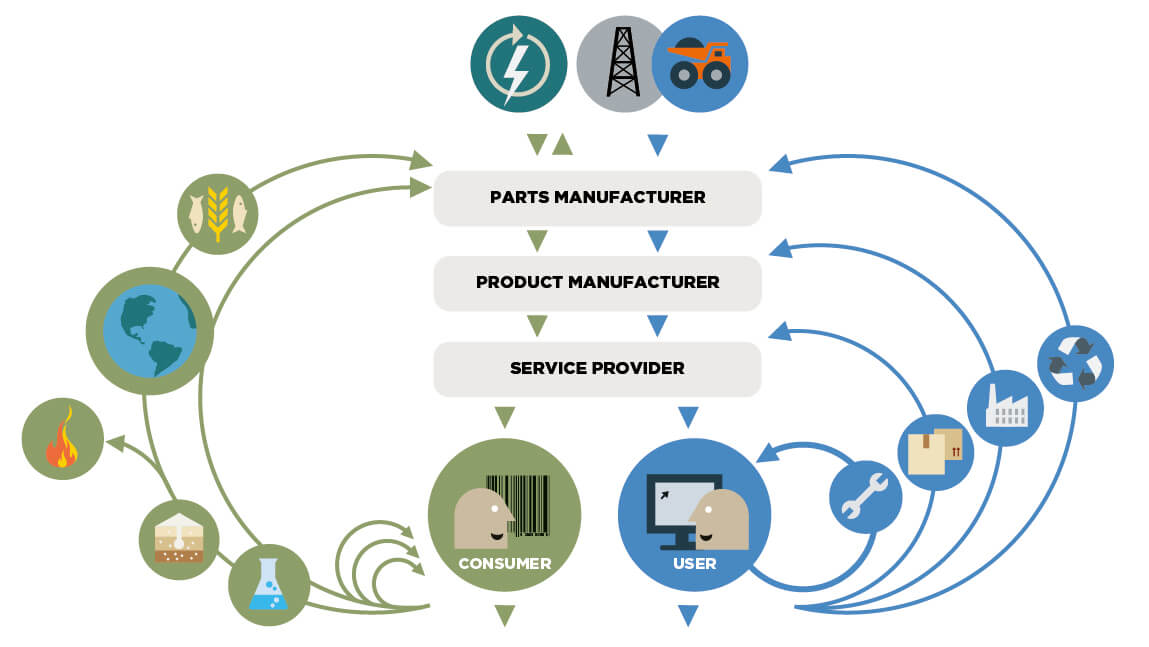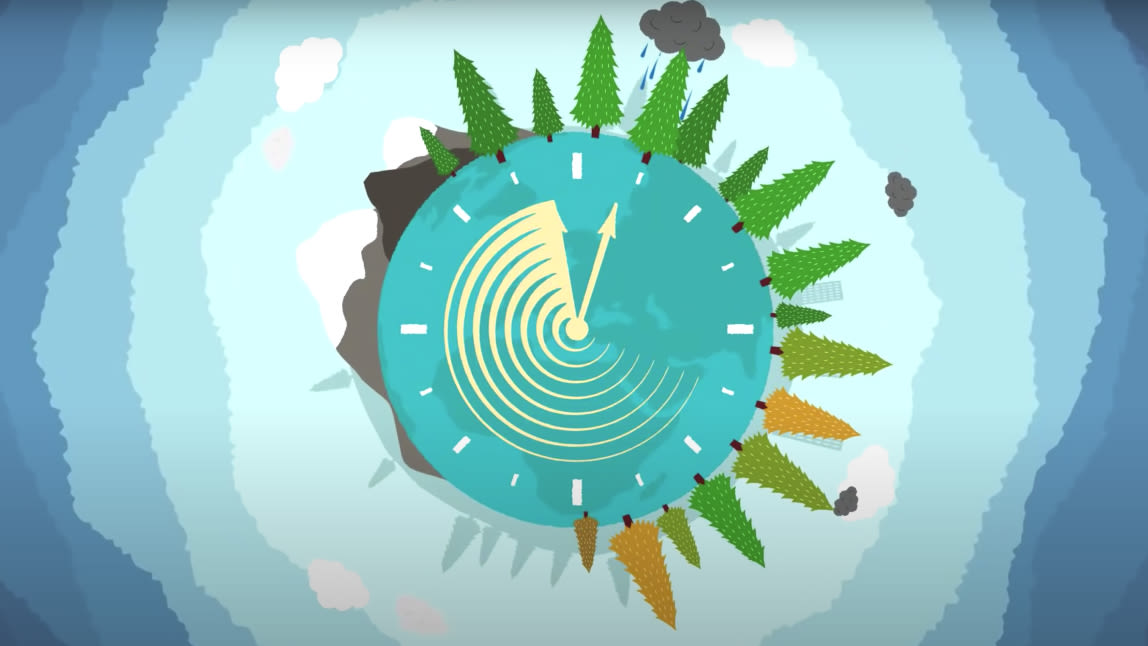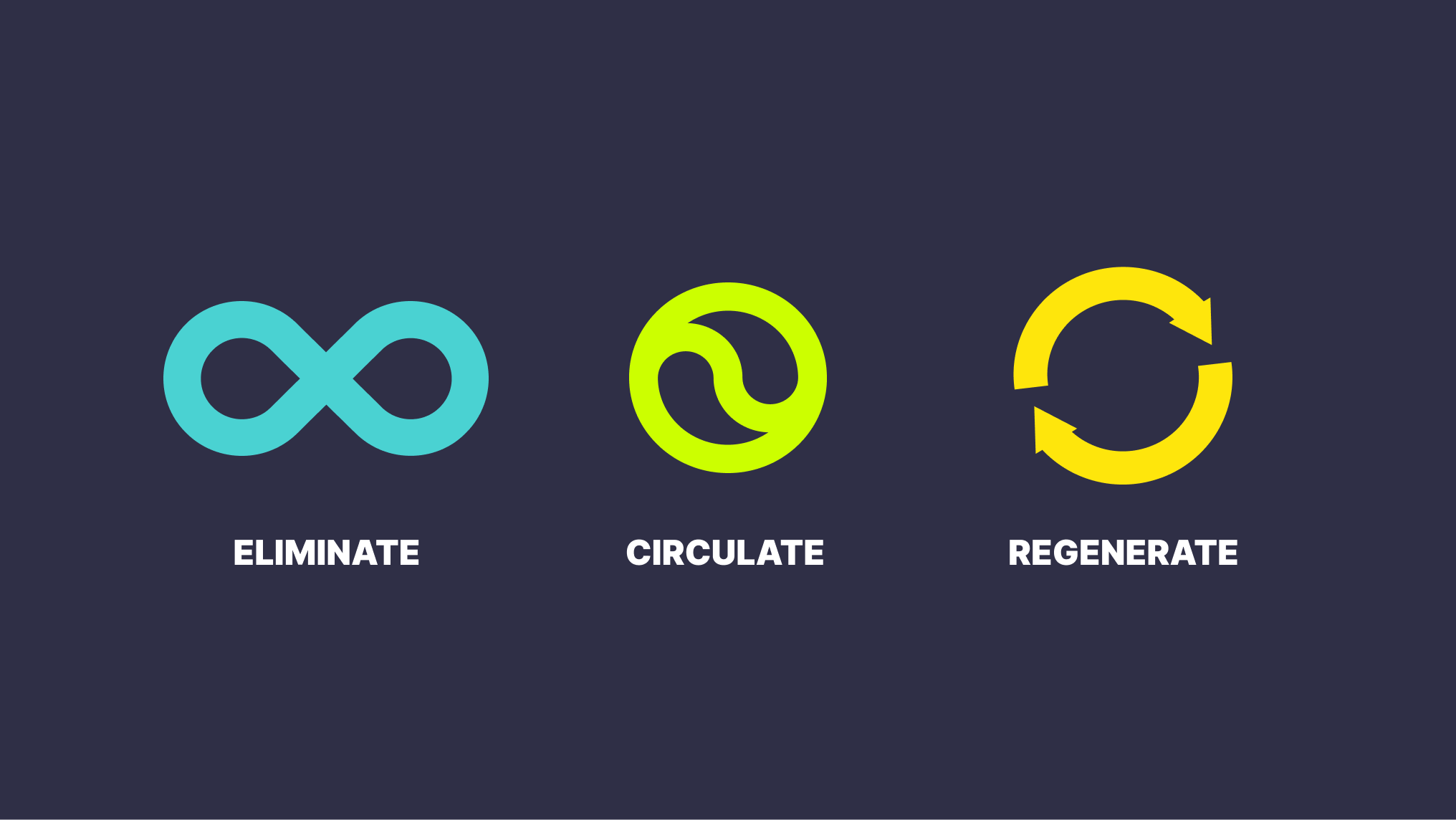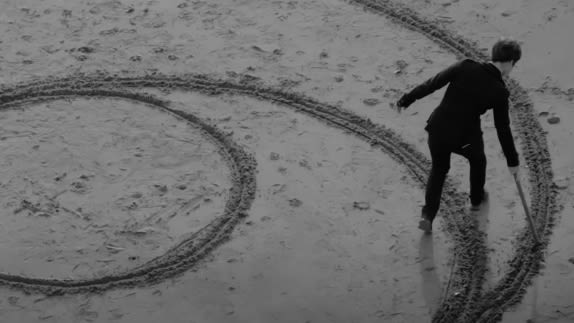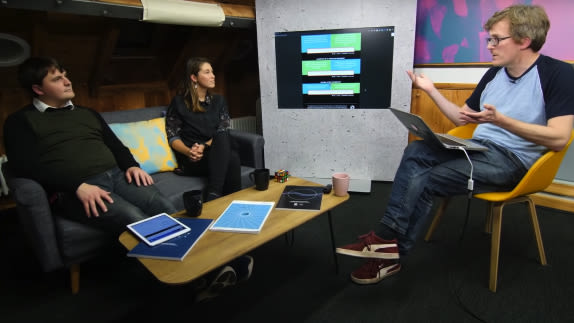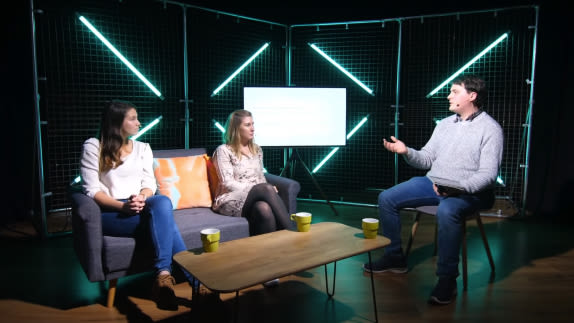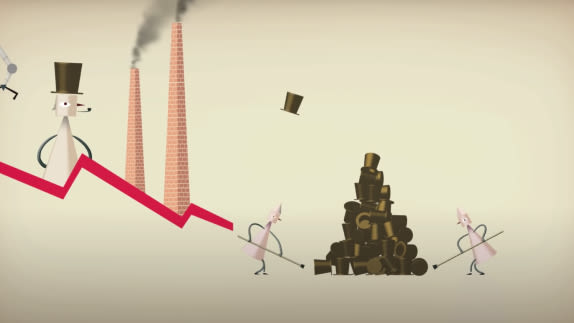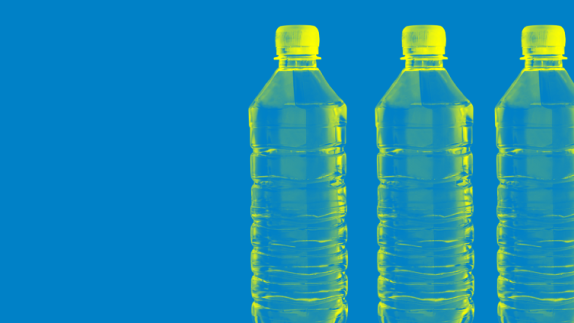The circular economy is a system where materials never become waste and nature is regenerated. In a circular economy, products and materials are kept in circulation through processes like maintenance, reuse, refurbishment, remanufacture, recycling, and composting. The circular economy tackles climate change and other global challenges, like biodiversity loss, waste, and pollution, by decoupling economic activity from the consumption of finite resources.
The circular economy is based on three principles, driven by design:
Underpinned by a transition to renewable energyrenewable energyEnergy derived from resources that are not depleted on timescales relevant to the economy, i.e. not geological timescales. and materials, the circular economycircular economyA systems solution framework that tackles global challenges like climate change, biodiversity loss, waste, and pollution. It is based on three principles, driven by design: eliminate waste and pollution, circulate products and materials (at their highest value), and regenerate nature. is a resilient system that is good for business, people, and the environment.
In our current economy, we take materials from the Earth, make products from them, and eventually throw them away as waste – the process is linear. In a circular economy, by contrast, we stop waste being produced in the first place.
We must transform every element of our take-make-waste system: how we manage resources, how we make and use products, and what we do with the materials afterwards. Only then can we create a thriving circular economy that can benefit everyone within the limits of our planet.
A way to transform our system
What will it take to transform our throwaway economy into one where waste is eliminated, resources are circulated, and nature is regenerated?
The circular economy gives us the tools to tackle climate change and biodiversity loss together, while addressing important social needs.
It gives us the power to grow prosperity, jobs, and resilience while cutting greenhouse gas emissions, waste, and pollution.
How the circular economy works
Get the basics or explore the circular economy in detail.
Circular economy principles
A circular economy is based on three principles, all driven by design.
Circular economy examples
See the circular economy in action with these case studies from brands, businesses and policy makers.
Working with nature to make food last longer
Apeel is a company that has come up with an innovative way to eliminate single-use shrink wrap plastic packaging on fresh fruit and veg, while at the same time tackling food waste.
Apeel is a layer of edible, plant-based coating applied to fresh products that mimics and enhances the natural defences of fruit and vegetables. This slows down the two main things that cause spoilage – water loss and oxidation.

